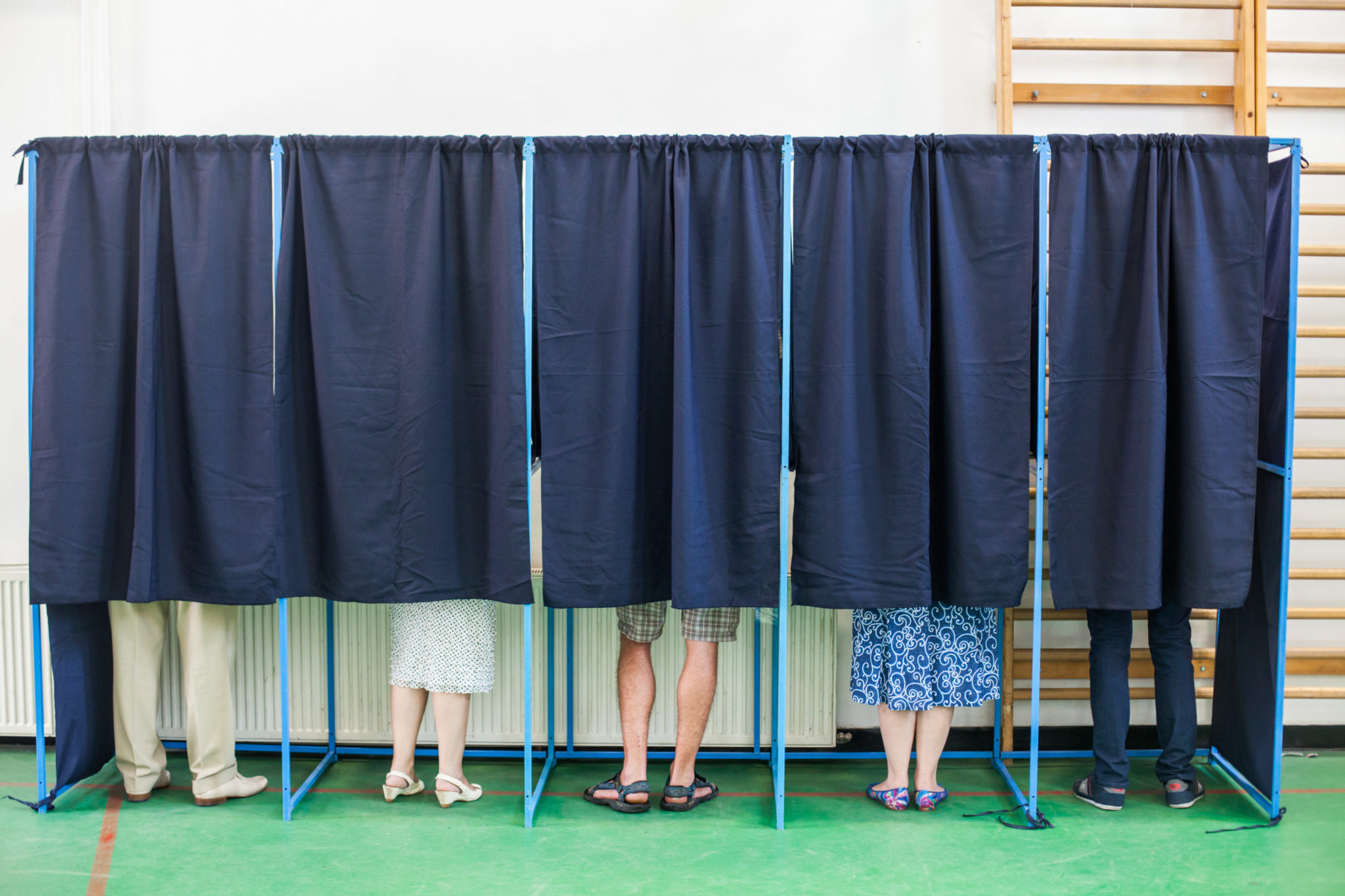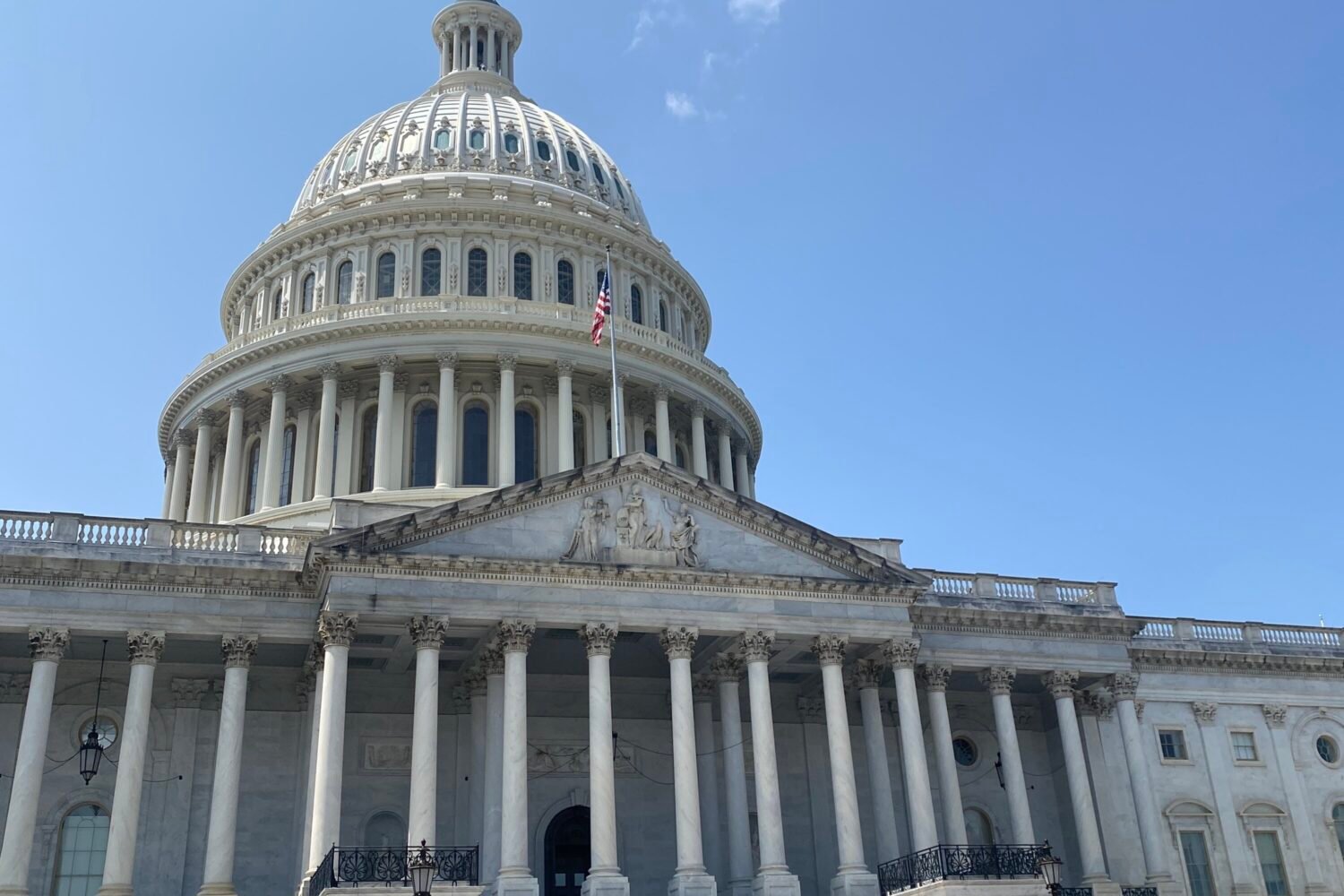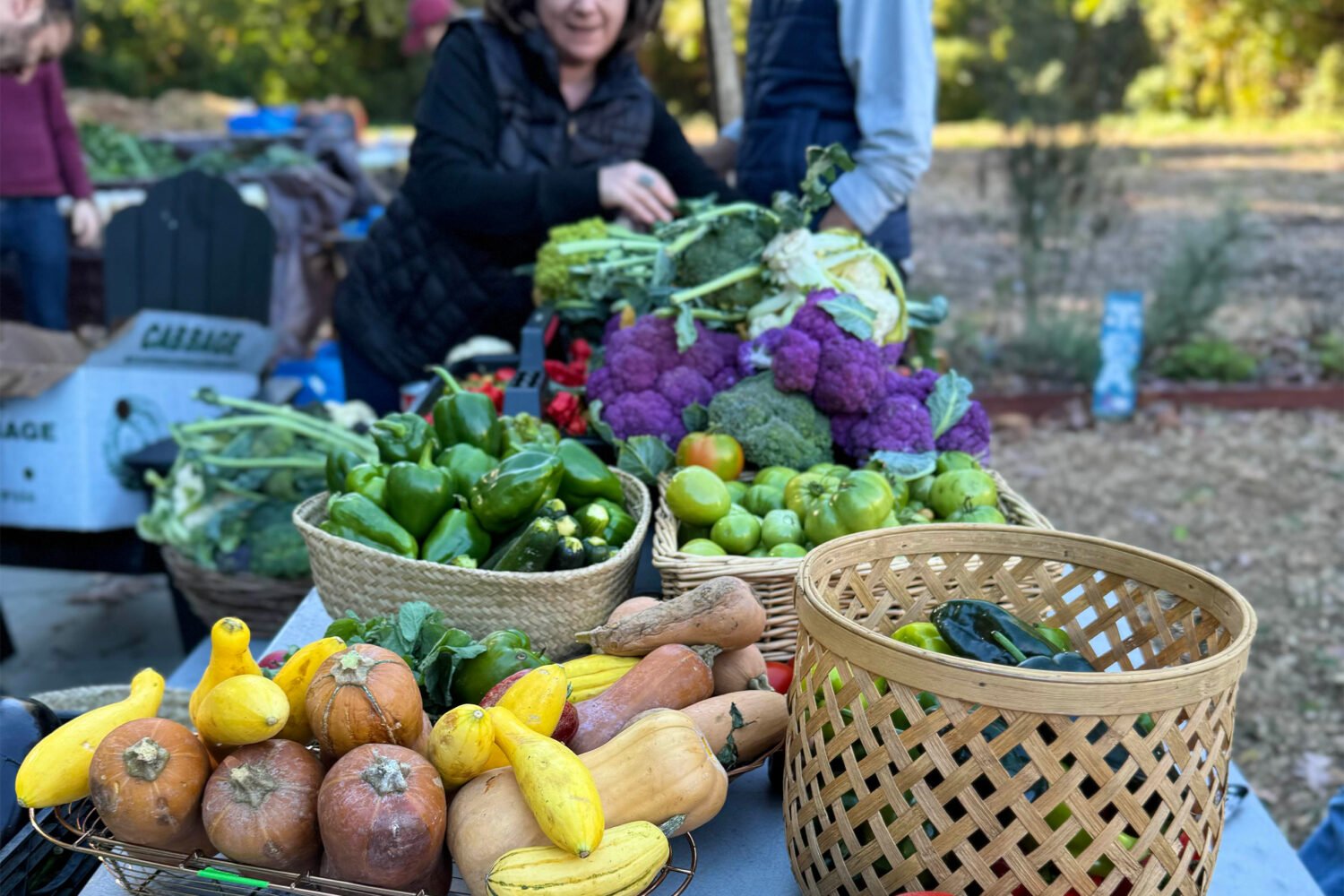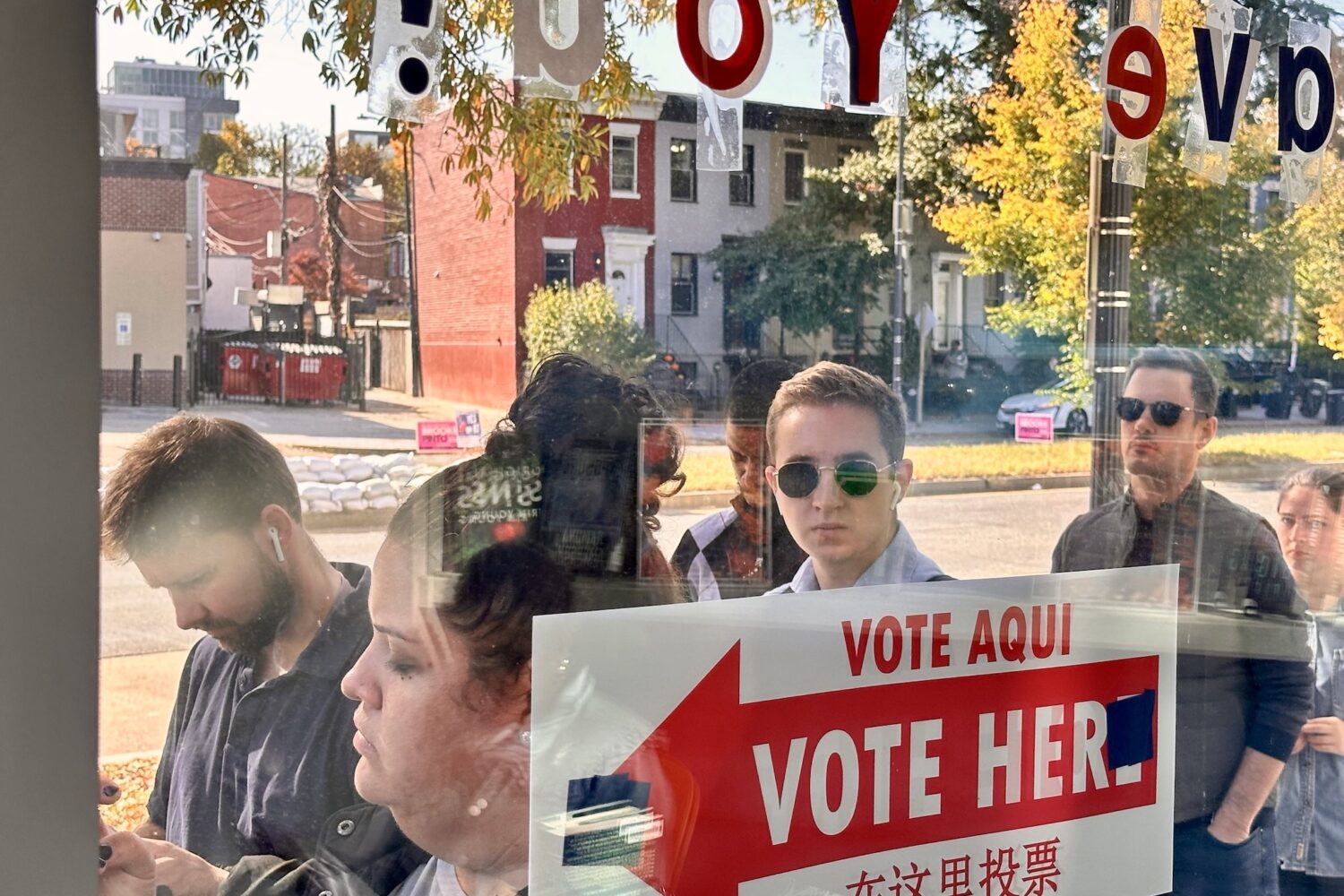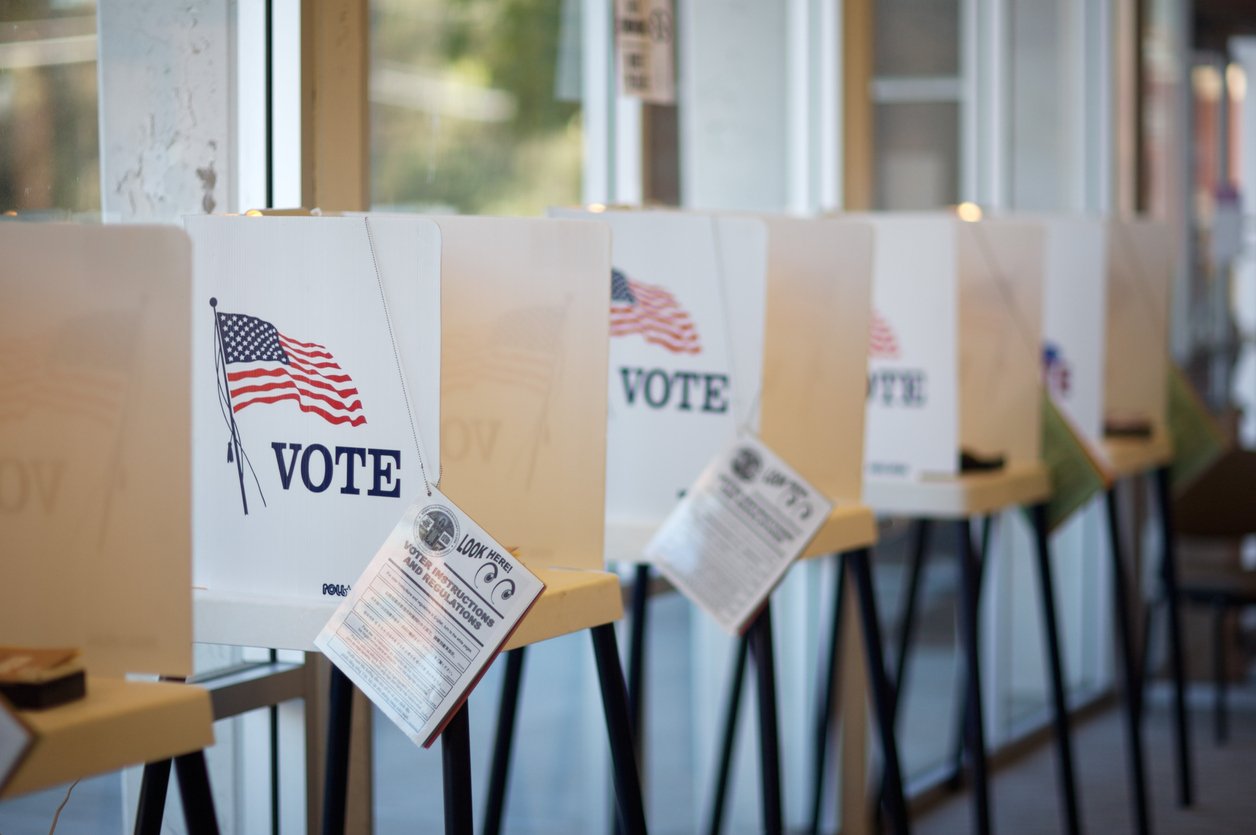This year’s New York City mayoral election has been fascinating to follow, even for those of us at the bottom end of the Acela. One of the most closely watched aspects is not the who but the how. The Democratic primary took place using ranked-choice voting—a huge experiment conducted in America’s largest city. The District has its own mayoral election next year, and many Washingtonians have been wondering if ranked choice could be coming here as well.
Advocates such as Khalid Pitts would like to think so. Pitts’s Takoma Park–based voting-reform organization, FairVote, is a leading proponent of ranked choice, in which voters order candidates by preference rather than selecting just one—so that, for example, candidates with similar positions don’t split the vote. Pitts points out that ranked choice has been used successfully in cities like San Francisco and Minneapolis for years: “It gives the power to the voters to say, ‘I can really vote my preferences here. I don’t feel like I have to strategically vote.’ ” On the other hand, New York’s primary was pretty rocky: Determining the winner was complicated, and tabulating ranked-choice votes is a long undertaking that can delay results for days, opening the door to conspiracy theories.
Right now, ranked choice seems unlikely for 2022. Instead, Christina Henderson and six other DC Council members—representing the majority of the council—recently introduced legislation that would bring the method here with the 2024 election. Council member Elissa Silverman, who is among the supporters, mentions her own first candidacy, in 2013, as an example of why ranked choice could make sense. She and another progressive candidate split their potential constituency, effectively dooming each other’s chances. She recalls a conversation in which “one voter came up to me and said, ‘I’ve read about you, I like you, but I don’t think you’re going to win, so I have to vote for somebody else.’ And I said, ‘Well, I can only win if you vote for me!’ ” Silverman lost.
Still, she thinks DC has some work to do in order to prepare for this change. “We need to have a modern [voting] system that functions properly, and we have a need to have an [election] board that makes good decisions,” Silverman says. “Then, if we have those two things, I think we can implement ranked-choice voting.”
This article appears in the August 2021 issue of Washingtonian.

